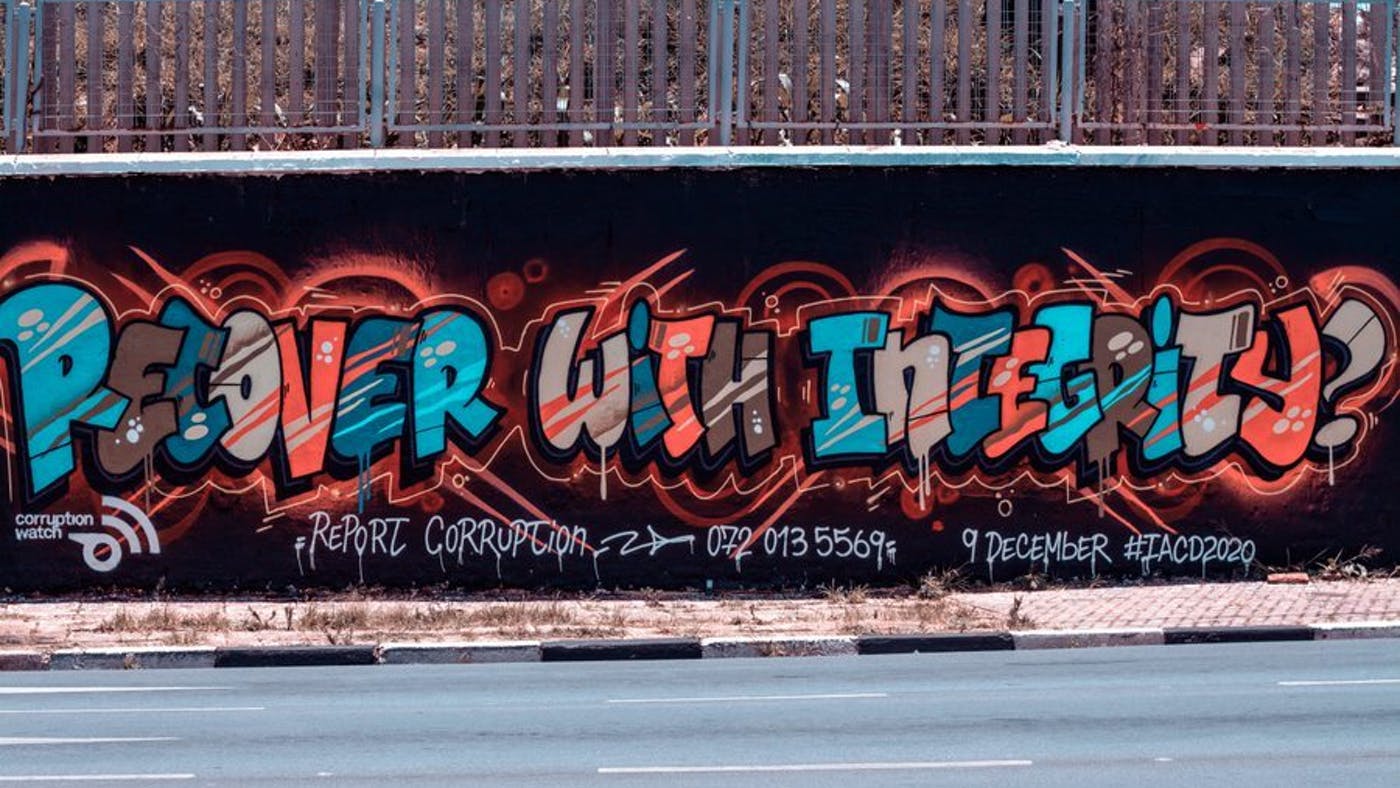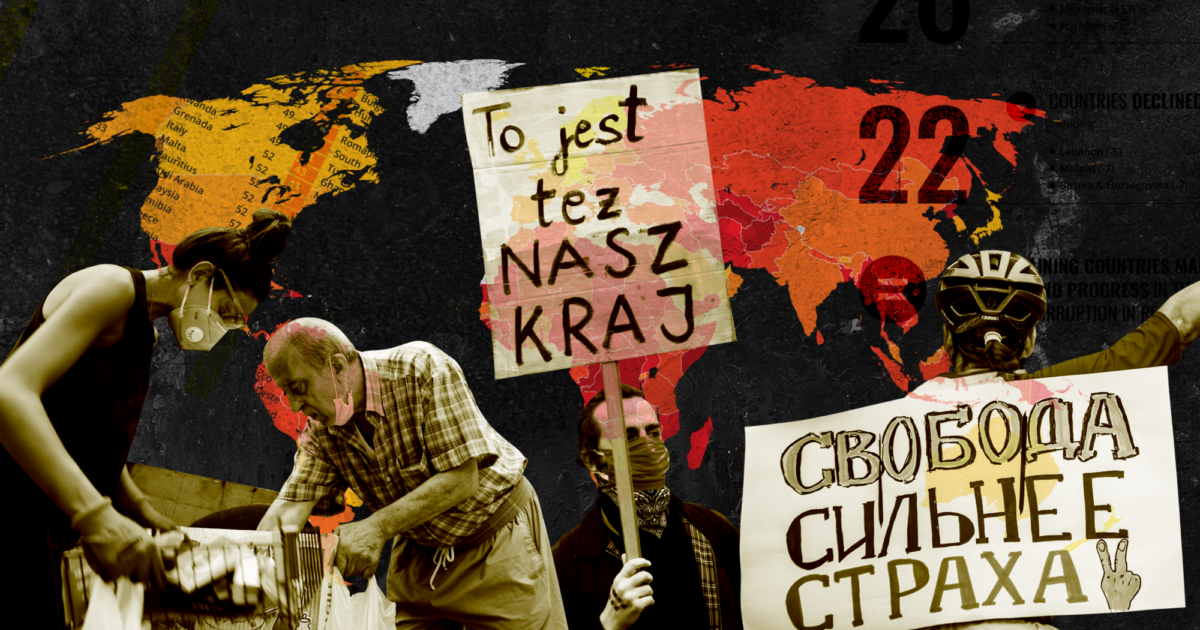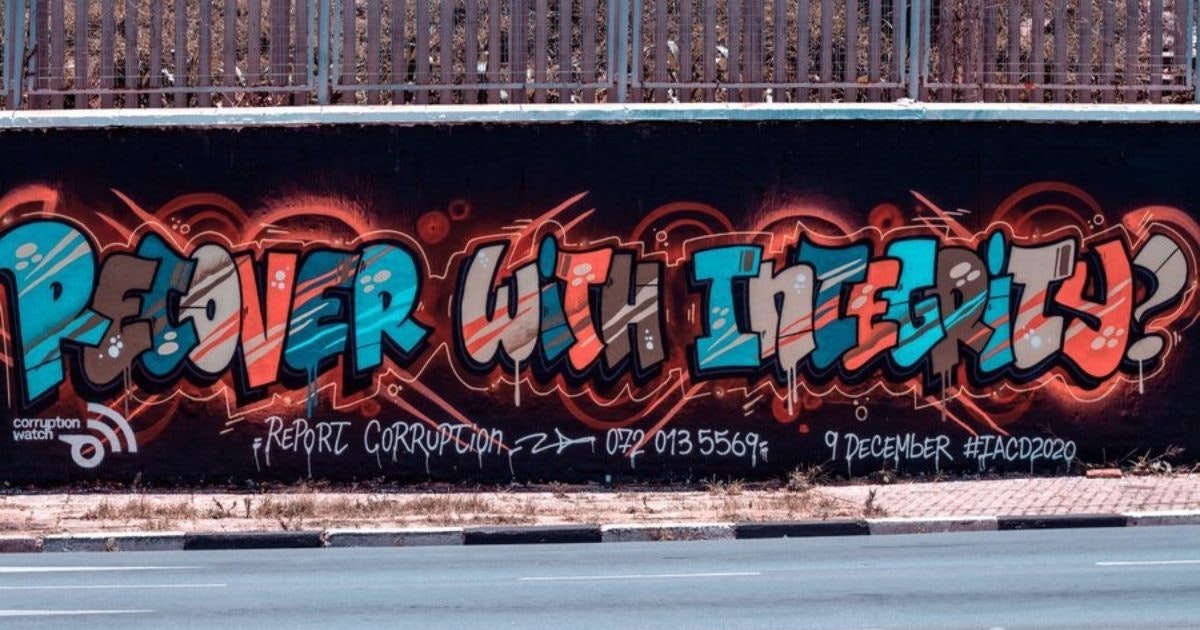Corruption: How does your country score?
The corruption index can be viewed as an indicator of how functional a democracy is.

We often think that corruption in our own country must be 'the worst in the world'.
Public sector corruption is so destructive and unfair to members of society that need the assistance of public finance that we often get so blinded by our own frustration with corruption that we forget that this is something that countries all over the world struggle with.
Transparency International recently published this year's Corruption Perception Index, which gives a useful snapshot of global corruption levels and trends over time.
Interestingly, South Africa is nowhere near the most corrupt country in the world - we're somewhere in the middle. Denmark and New Zealand on the other hand - rank as two of the most squeaky clean.
We've already highlighted the fact that the covid-19 pandemic has been a real win for corrupt officials around the world - Transparency International concurs with that point of view.
The outbreak of the pandemic and the speed at which it was able to spread throughout the world is directly linked to corruption in the global public health system. Some estimates suggest that more than 60% of public funds assigned to health care is stolen by corrupt officials.
Corruption thrives when there is a lack of accountability, which is usually a clear signal that the people who are tasked to administer public funds don't fear consequences to their poor behaviour.
Strong, functioning democracies foster better accountability; therefore the corruption index can also be viewed as an indicator of how functional a democracy is.




